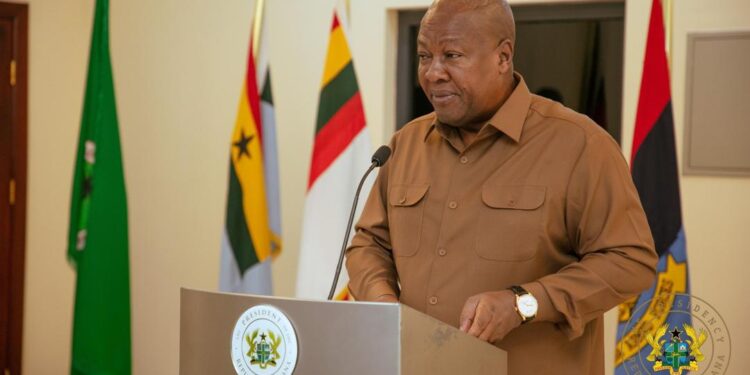With Africa recognized as the world’s youngest continent, its demographic landscape stands in stark contrast to aging populations elsewhere.
A significant proportion of Africans are under the age of 35, presenting both a challenge and an opportunity for economic growth and development.
To harness this youthful energy, the Economic Community of West African States (ECOWAS) has embarked on organizing national youth conferences across member states.
The Accra edition of this initiative drew 150 participants, including government officials, state agencies, and civil society organizations, to deliberate on strategies for empowering young people.
Professor Richard Boateng, the lead resource person at the conference, underscored the importance of young people taking their ideas seriously, no matter how small.
He encouraged the youth to recognize the potential of their efforts and scale them for greater societal and personal impact.
“We are letting them realize today through our interactions in this particular first day that what you have started is something that can become a big dream.”
Professor Richard Boateng Lead Resource Person
He further observed that many young people fail to see the entrepreneurial opportunities before them, often relegating ventures like selling baby clothes to mere “side hustles” rather than building them into scalable businesses.
According to Professor Boateng, there is a misconception among some youth that they need grandiose ideas to succeed.
He pointed out that such a mindset often prevents them from appreciating the growth potential of smaller ventures. He emphasized;
“Somebody can sell baby clothes and even innovate and do more with them, but they don’t see it as something big. They think there should be something bigger than that.”
Professor Richard Boateng Lead Resource Person
He added that reorienting their perspective was a critical goal of the conference.
Addressing Information Gaps and Readiness

One of the issues highlighted by Professor Boateng was youth awareness. He asserted; “When we ask them, ‘Don’t you know that this government program is there?’ they say, ‘We don’t know.’”
This, he explained, often stems from their tendency to use social media. He noted;
“Their aspirations of going to TikTok and social media are usually loose, focused on social information that will make them happy and create fun, but not on intentionally creating opportunities for themselves.
Another thing that we are also realizing is the fact that the youth sometimes seem not to be ready and available.”
Professor Richard Boateng Lead Resource Person
Professor Daniel Frimpong Ofori, a management professor at the University of Ghana and keynote speaker at the conference, stressed the need for deliberate and focused policy interventions.
“We like to say that the future belongs to the youth. But what do we mean [by that?] It means governments must take a deliberate, focused, nuanced approach to help the youth get into areas that will feed into economic development in the country.”
Professor Daniel Frimpong Ofori University of Ghana
He argued that governments must prioritize policies that address the needs and aspirations of young people, ensuring that they are equipped to contribute to national development.
The conference highlighted the urgent need for a multi-stakeholder approach to youth empowerment, combining policy action with grassroots initiatives.
ECOWAS’s efforts in convening such platforms demonstrate a commitment to ensuring that the youth are not left out of the economic equation.
By providing opportunities for dialogue and capacity-building, the Accra edition of the youth conference has set a precedent for fostering innovation and entrepreneurship among young people in West Africa.




















